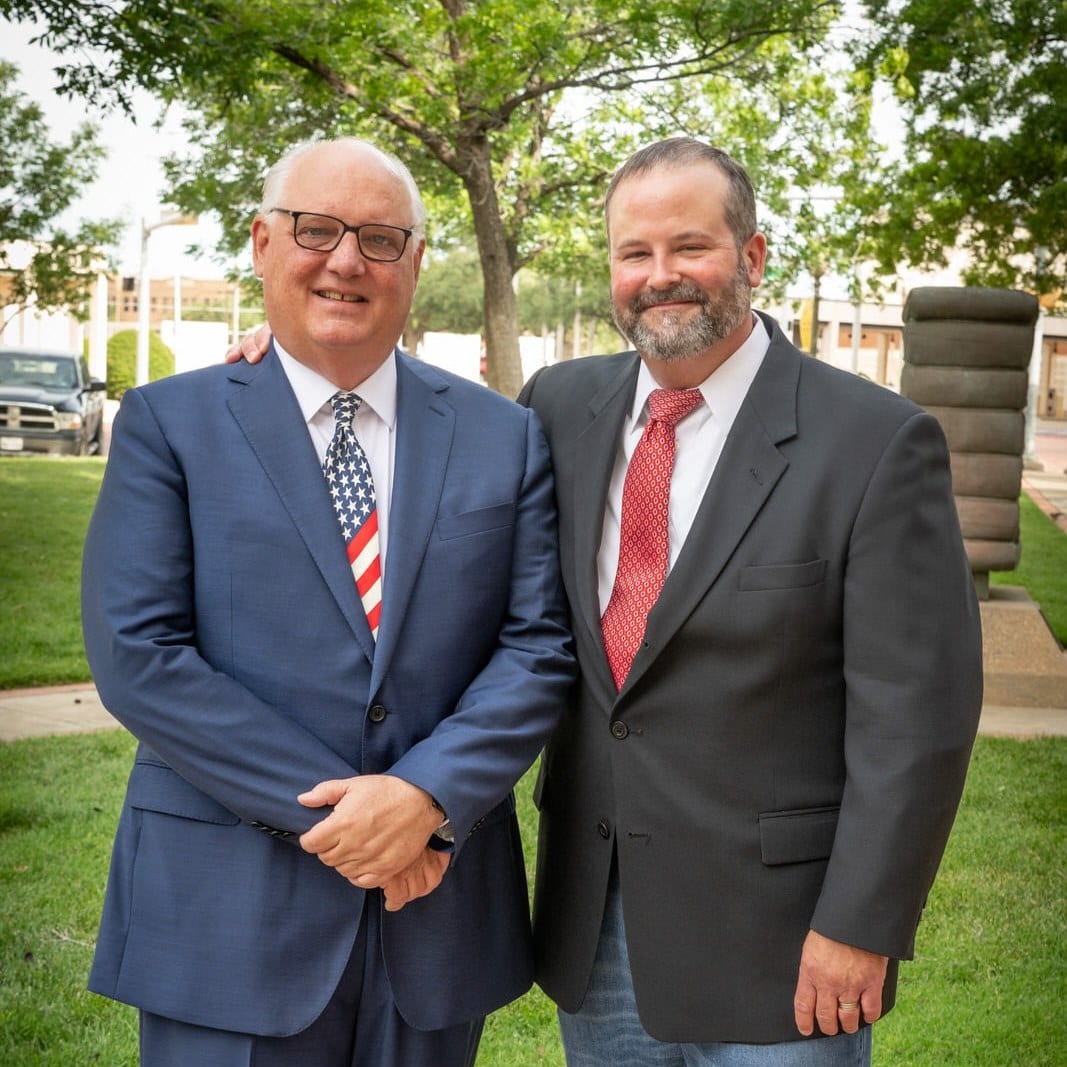Lubbock Manslaughter Defense
If you are facing manslaughter charges in Lubbock, Texas, you are up against some serious penalties, including heavy fines and prison time. Understanding your defenses and finding a qualified criminal defense lawyer is crucial to building your case.
The lawyers at Chappell, Lanehart & Stangl have decades of experience defending clients accused of manslaughter, vehicular manslaughter and intoxication manslaughter offenses with great success. Our lawyers have a proven track record of getting our clients the best possible outcomes.
In this article we will explore the nuances of manslaughter in the Texas penal code.
Manslaughter vs. Murder
The main difference between manslaughter and murder concerns the defendant’s mental state when they caused a person’s death.
There are varying degrees of legal responsibility. The most culpable is to intentionally or knowingly cause harm (murder charges), while lesser culpability is to recklessly cause harm (manslaughter).
| Manslaughter | Murder |
| Manslaughter means the defendant “recklessly” caused the death. |
Murder means that the defendant “intentionally” or “knowingly” caused the death. |
| Manslaughter is a second-degree felony. | Murder is a first-degree felony. |
| Manslaughter is punishable 2-20 years in prison and/or a fine up to $10,000. | Murder is punishable by 5-99 years in prison and/or a fine up to $10,000. |
Manslaughter Charges
Over the years, our lawyers have successfully reduced murder charges to manslaughter charges.
In one such case, a Lubbock resident was accused of intentionally shooting his girlfriend in the head during an argument in the front yard. After four years of litigation, Fred Stangl was able to negotiate the lesser charge of manslaughter (meaning he acted recklessly and not knowingly). The defendant was given a probation sentence of 10 years.
In another case, Chuck Lanehart was able to arrange a plea deal for manslaughter for a client in the death of his brother-in-law.
A family argument on the drive home from a bar led to an altercation between the client’s father and brother-in-law. The client stopped the truck and fired a warning shot from a handgun to end the fight. When the fighting continued, the client shot the brother-in-law in the abdomen. Unfortunately, the brother-in-law died of his wound, which was an unintentional outcome. The client’s manslaughter plea deal of 20 years in prison was more lenient than the life sentence he would have faced under murder charges.
Although the general sentence for manslaughter is 2-20 years, it is possible to receive a probation sentence under certain circumstances. For instance, the defendant couldn’t have used a deadly weapon in the incident. Other considerations are jury recommendations for leniency, criminal history, cooperation with law enforcement and the defendant’s support system.
Vehicular Manslaughter / Intoxication Manslaughter
Manslaughter involving car accidents are treated separately in Texas. Vehicular manslaughter means the defendant recklessly caused the death of another while driving a vehicle. Intoxication manslaughter means the defendant drove drunk or on drugs and caused the death of another while intoxicated.
Both are second-degree felonies, but intoxication manslaughter does not have a mental state requirement. It also carries a 2- to 20-year prison sentence and fine up to $10,000. The court may also order probation with strict conditions, drug education programs and driver’s license suspension.
In one case, Chuck Lanehart was able to secure a plea deal for a client involved in a drunk driving accident that killed a woman in Lubbock. The client pled guilty to manslaughter and was sentenced to six months of shock jail time followed by 10 years probation.
The primary benefit of plea bargaining is to avoid a criminal trial and provide closure to all involved. For criminal defendants, these cases tend to deliver reduced time and punishments.
Hire An Experienced Criminal Defense Attorney
Facing felony manslaughter charges can feel insurmountable. But by positioning yourself with the lawyers at Chappell, Lanehart & Stangl, you will be able to navigate the legal system with the best criminal defense possible.
We have handled every type of manslaughter charge and dedicate ourselves equally to each client because each case requires individual strategy. When the stakes are high and include decades in prison, it’s important to set up an appointment with Chuck or Fred. We have a history of securing probation and more favorable terms for clients.




